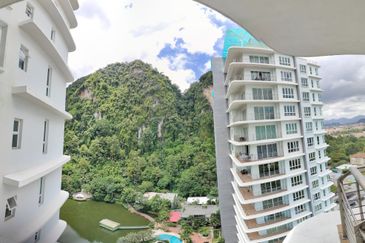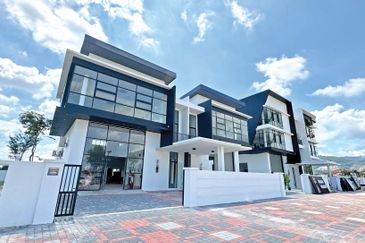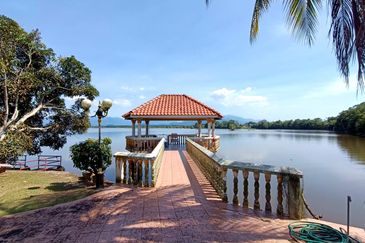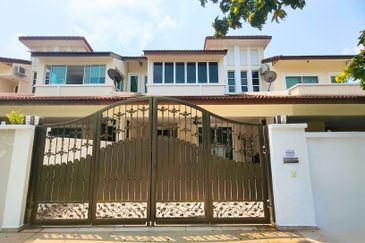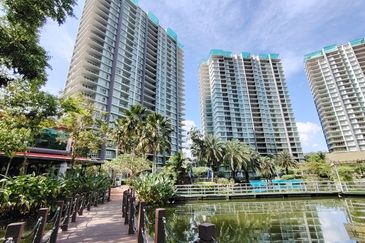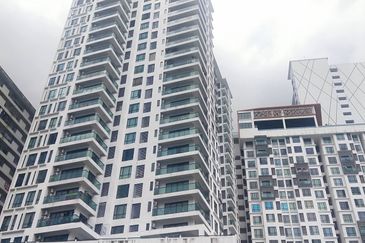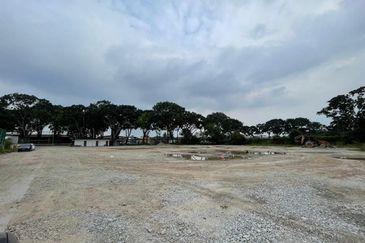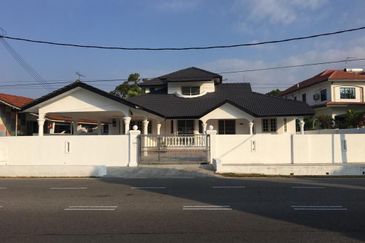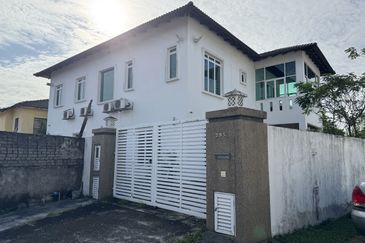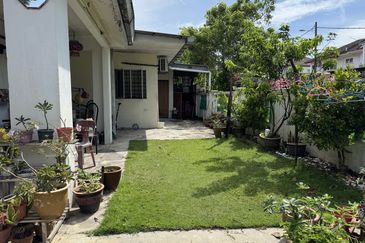
- At the Building the Future ESG Conference 2023, Asia GreenTech Fund reveals who they are as venture capitalist, while panelists from REHDA, MAVCAP and Asia GreenTech Fund share their perspectives on Green Lending towards Sustainability.
PETALING JAYA (June 16): Besides bank loans, venture capital has the potential to play a crucial role in driving green lending and sustainable development in the Malaysian property market.
Asia GreenTech Fund, a venture fund based in Malaysia and Hong Kong, concentrates on investing in renewable energy, waste management, and recyclable materials. By providing necessary resources and expertise, venture capitalists such as Asia GreenTech Fund fuel the growth of innovative green companies, contributing to the transition towards a more sustainable future.
While the construction industry has traditionally received less attention from venture capital, Amin Shafie, partner at Asia GreenTech Fund said that “when it comes to equity, there are not many players out there within this particular region who are specialising in construction and building. And this is something that [I think] is worthwhile looking into.”
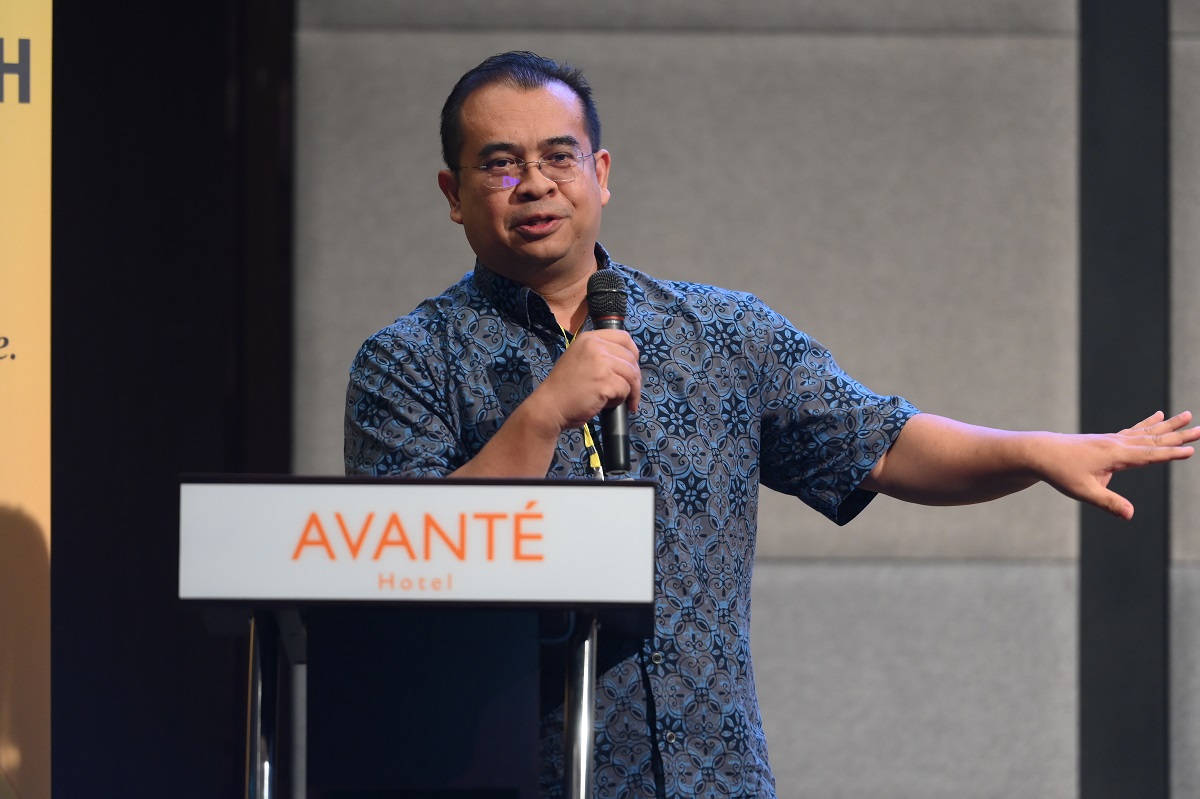
Speaking at the Building the Future ESG Conference 2023 yesterday, Amin stated that they “do not invest in projects, they invest in the companies”. This is “because the companies are based on its founders, therefore, the management and him will be able to work together.” Asia GreenTech Fund “also brings in a lot of business networking, the ability to find the right people to ensure success since they already invested into the company and the ability to gain access to technology”.
Read also
ESG more than compliance or PR exercise, but value-creator – Building the Future ESG Conference
Unlike some venture capitalists who go into investments early at the “seed stage or ideation stage”, Asia GreenTech Fund will invest into something that's already begun “but with enough risks that when they invest into the investment, into the company, they have a clear path of exit” and “with returns that they want” as well.
Amin added that “at the end of the day, it's all about finding a middle point between what they are seeking in good companies. Whether the idea is good, whether the business model is good, or is there a substantial enough novel proposition there on the table for them to put money in and get the return on investment”.
The inaugural Building the Future ESG Conference 2023 was organised by The Proptech Academy under MHub.
Is it time to adopt Green Lending?
The adoption of Green Lending is not mandatory yet for the property developers, “banks are starting to become increasingly conscious. Bank Negara Malaysia is putting a lot of emphasis on sustainability and climate risk management. So, what you'll see coming down the pipe is increasingly stringent application of ESG practices and in development, from the environmental point of view”, said Datuk NK Tong, president of Real Estate And Housing Developers' Association Malaysia (REHDA) during a panel discussion at the conference which was moderated by author and broadcast journalist Freda Liu.
Tong added that “over time, banks will have to start exiting customers who are not in green industries”.
“Even right now, we're getting instructions from the top that green is the way forward. Period. There's clarity with regards to financing that there's not going to be anymore financing for anything black,” said Paramjit Singh, chief investment officer, Malaysia Venture Capital Management (MAVCAP).
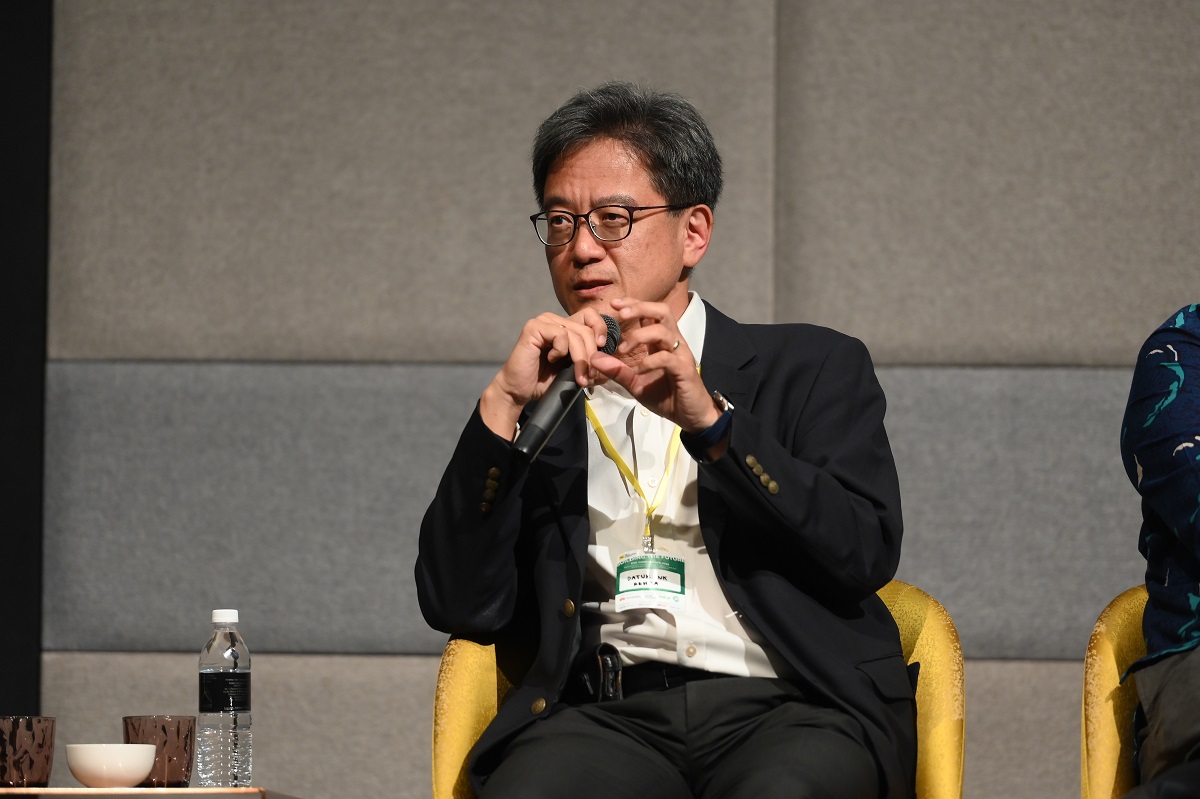
“If over time, there's no change in mindset for traditional businesses, which has not drastically changed itself like real estate and construction, at least from the perspective of Malaysia, capital is going to be harder and harder to come by. Margin squeeze is just going to get a lot worse. And over time, you will be replaced,” added Paramjit.
So, what can the property developers do to avoid being replaced? According to Tong, “the low hanging fruit is to actually start getting your buildings green certified”.
“I think as developers, we have to be prepared for the big stick, and if we start to move positively in ESG-oriented direction, we will be better prepared when the banks start to say ‘Oh, either we have to exit you and/ or it's going to cost you more tomorrow.’”
Buyers want properties that are green rated
Tong suggested that “maybe the other way to look at it is what's the benefit of being green because you don't get a discount. No, it's actually the penalty of not being green. You either don't get the loan or it’s so much more expensive.”
Paramjit also said that “the time for cheap money is over”. Therefore, the “conversation about cheap rates is not something that developers should be looking at.” Instead “the conversation should be on efficiency”.
The spectre of greenwashing also seems to loom over ESG initiatives. Paramjit stated that startups “are being incorporated into banking processes to verify whatever the customer is saying to them” online that are red flags on the ESG practice. It is not fully implemented yet, “but over time, this thing is going to get real. At least they're not going to talk to you anymore. The banks are going to make their decisions purely based on their software.”

Asked if ESG initiatives are more likely greenwashing, Tong gave his take on it: “I guess it starts at greenwashing, and then it becomes box ticking, and then finally people adopt it. It's a bit like how do you form a habit. You have to repeat it multiple times, and then also there's the carrot and stick. So, people don't really see the benefit yet, but they are afraid of the penalties.”
According to Amin, “at some level, yes,” but “the fact that you are aware, that you want this to be associated with your business, whether it's because of the client, because you can add new value, because you can sell at better rate, you can get finance cheaper, et cetera. That's a start.”
Will free funding continue to be available in the next five years? Amin said that there will be. Perhaps “within the next 10 years that there will be a lot more funds, but as Paramjit also mentioned, it is no longer about whether the financing program is available. It's the cost of not doing it green that's going to be.”
As for opportunities and growth when it comes to Green Lending, Tong said that “as buyers become more discerning, they want properties that are green rated, and if the banks still have those incentives there. Then those are the opportunities. But as I also mentioned, over time as more buyers adopted, then perhaps that incentive may go away.”
Tong added that “developers also need to look at the threats. That if you are not building green certified homes, banks may move away from lending for those type of projects. And/or if they do lend, they lend at a higher cost. It might impact the buyer. Or it might be, through your bridging financing and then you really have an incentive to move in that direction.”
TOP PICKS BY EDGEPROP

MERU VALLEY RESORT (GOLF VISTA APARTMENT
Kinta, Perak

Canal Gardens, Kota Kemuning
Kota Kemuning, Selangor

Encorp Strand Garden Office
Petaling Jaya, Selangor
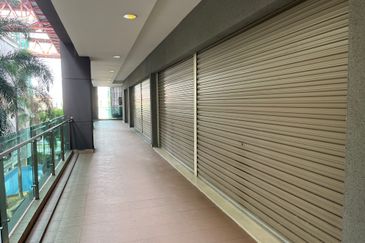
Encorp Strand Garden Office
Petaling Jaya, Selangor



